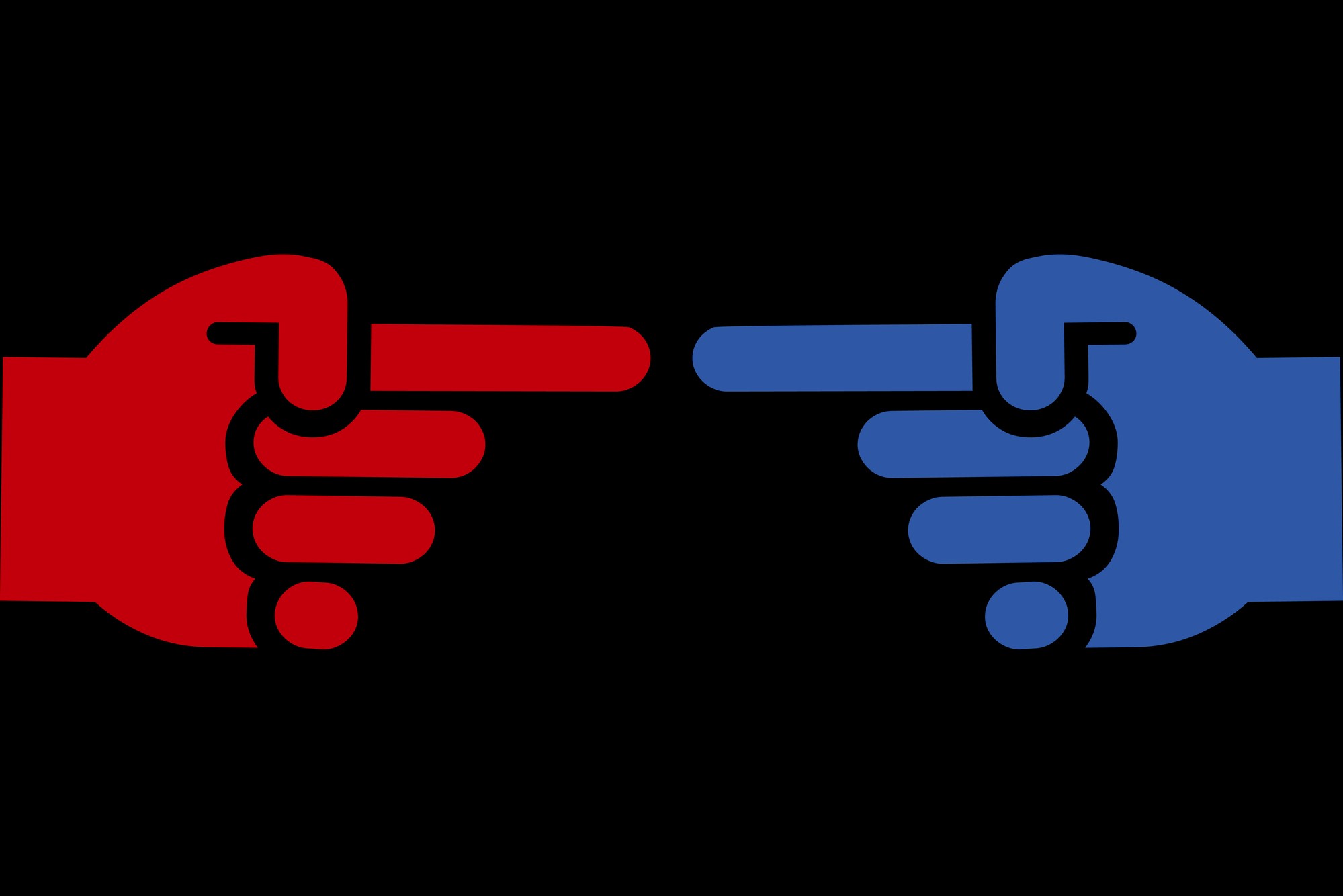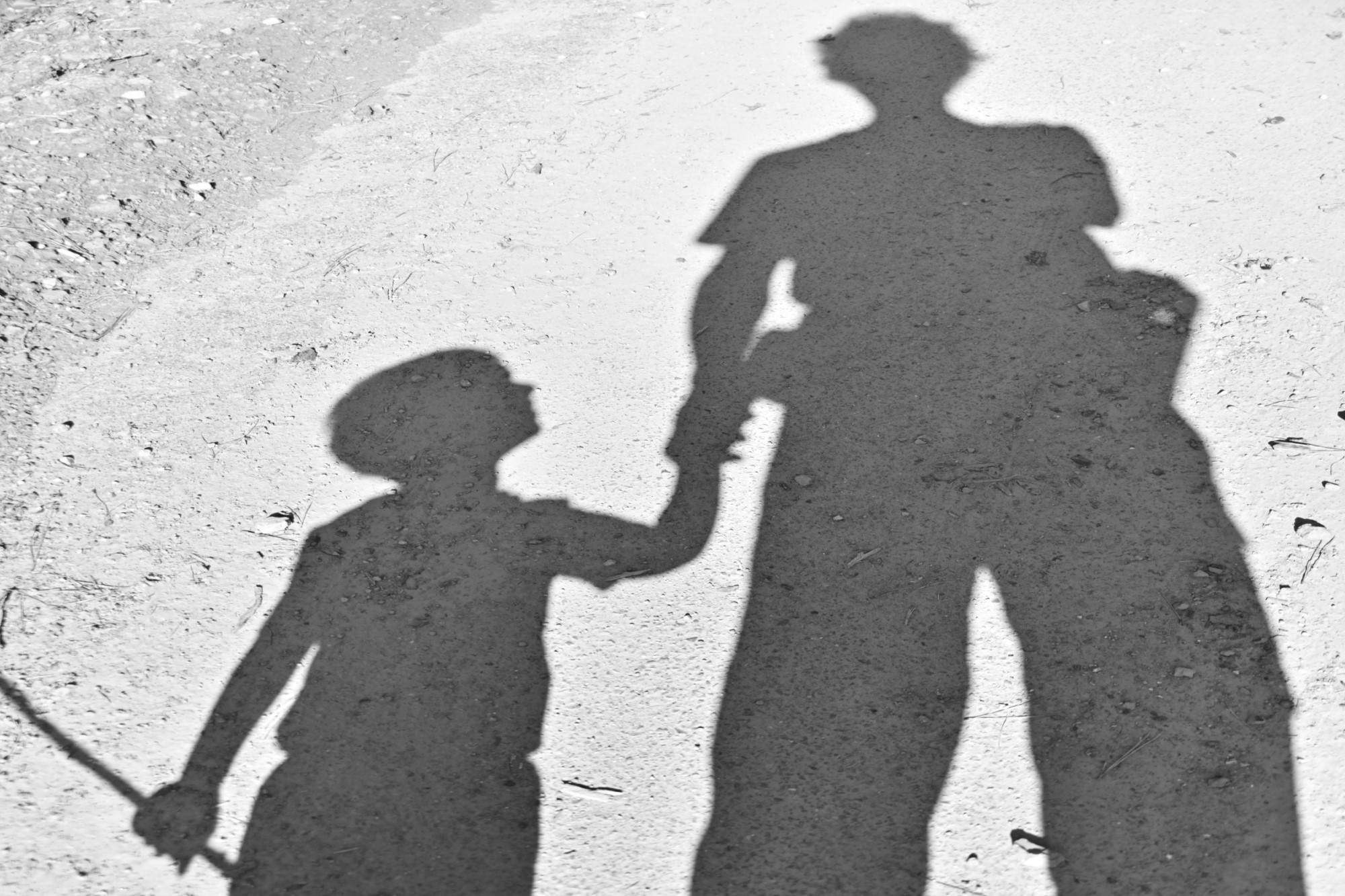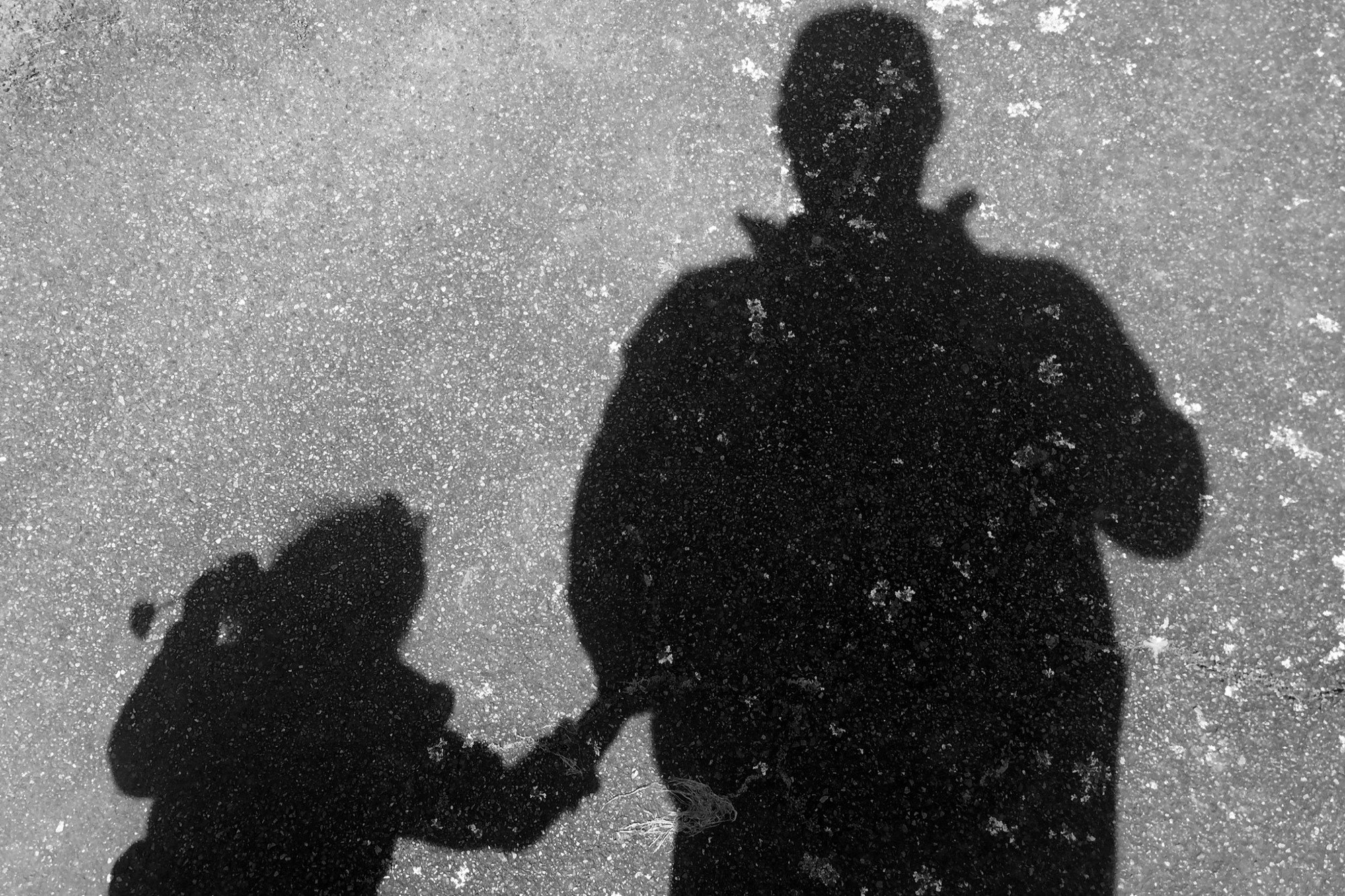When Do We Begin to Exist?

The question of when we begin to exist is of central importance to abortion ethics. When we begin to exist depends on what we are. On one popular view, animalism, we are organisms. A human organism begins to exist at conception, or shortly afterwards. So animalism entails that we come to exist very early in pregnancy. This means that abortion kills a being like us – a being who, in most cases, will grow to develop the capacities we have if allowed to live. Still, it may not immediately follow that abortion is wrong. Perhaps we do not yet possess full moral status when we begin to exist, or perhaps, even if we do, abortion might still be justified by the pregnant person’s right to bodily autonomy. But it would be an important consideration against abortion.
On another view, the embodied mind view, we are our minds. We are embodied within organisms, but we are not ourselves the organisms. (Perhaps your mind is an immaterial soul, or perhaps it is an object composed of the parts of your brain responsible for your mental life.) On this view, we will not begin to exist until our minds begin to exist. Presumably, this is when our brains develop the capacity for consciousness and a mental life. Scientists are not totally sure when this is: most seem to think it’s during the mid-to-late second trimester, but others suggest earlier points, such as twelve weeks into pregnancy. In any event, even basic brain activity does not exist until six to ten weeks into pregnancy, so it couldn’t be before that. On the embodied mind view, rather than killing one of us, early abortion would prevent one of us from coming into existence. In an important way, it would be analogous to contraception. It may not immediately follow that abortion is okay. Perhaps all human life has some sort of intrinsic value, including early human organisms which don’t yet host a mind. But it would follow that early abortion could not be murder, and could not otherwise wrong the fetus or violate its rights.
Many people assume animalism is true without thinking much about it. But there are some interesting philosophical arguments against animalism. Here is one from the philosopher Jeff McMahan, who developed the embodied mind view and is its main defender.
Suppose your brain is healthy but your body is dying, while your twin is in a permanent vegetative state but has a healthy body. Doctors decide they will save you in the following way. You lay down on Operating Table A, and your twin is laid on Operating Table B. They remove the part of your brain responsible for your mental life. We can suppose this is your cerebrum, the top part of your brain. They leave your lower brain intact. The lower brain is what regulates your vital functions, so your old body stays alive. They then transplant your cerebrum into your twin’s body. Your mind, along with your first-person perspective, memories, personality, etc. goes along with your cerebrum, and someone with all these things wakes up in your twin’s body.
Where are you at the end of this operation? Do you go along with your mind, and are you now inhabiting your twin’s body over on Table B? Or did you instead remain as the irreversibly comatose being on Table A, with your mind leaving you behind?
Almost everyone is inclined to think you went with your mind over to Table B. But this is incompatible with animalism, since your organism did not go with your mind over to Table B. If your organism had gone with your cerebrum, then while your cerebrum was being transplanted from one body to another, the entire organism would have consisted of nothing but your detached cerebrum. But a detached cerebrum is not an organism: it does not meet the scientific criteria for being an organism (maintaining homeostasis, etc.) any more than a severed hand does. And further, keep in mind that there is still a living, comatose human organism on Table A. Presumably you did not create a new human organism when you removed the cerebrum, so that must be the same human organism that laid down on Table A to begin with, i.e., your organism. But if your organism is still on Table A, it cannot have gone with your cerebrum over to Table B.
So, to sum up: it seems possible for you and your organism to part ways. But you cannot part ways from yourself. So you must not be your organism. Furthermore, in such cases, you seem always to go with your mind. This suggests that, rather than your organism, you are your mind.
Here is another argument for the same conclusion. This is also inspired by one from McMahan, but modified a bit by me. Suppose we encountered members of a naturally two-headed alien species, like the podracing announcer in Star Wars. Here, it seems right to say that each two-headed being is a single organism. But if each head contains its own functioning brain with its own mind, it seems there are two different people present. (We can imagine the minds in the two different heads getting into an argument.) But if there are two people and only one organism, these alien people cannot be their organisms. Since we count them by counting minds, it seems they must be their minds. And if they would be their minds, it seems most natural and simple to suppose that we are our minds, too.
While I find these arguments very powerful, not all philosophers are convinced by them, and animalism does have able defenders, such as Eric Olson. And further, as I noted above, finding the right theory of personal identity would not immediately solve all the ethical answers surrounding abortion. So I do not expect this to completely resolve the abortion debate. But the question of when we begin to exist is very important to the abortion debate, and deserves far more attention than it usually gets.




